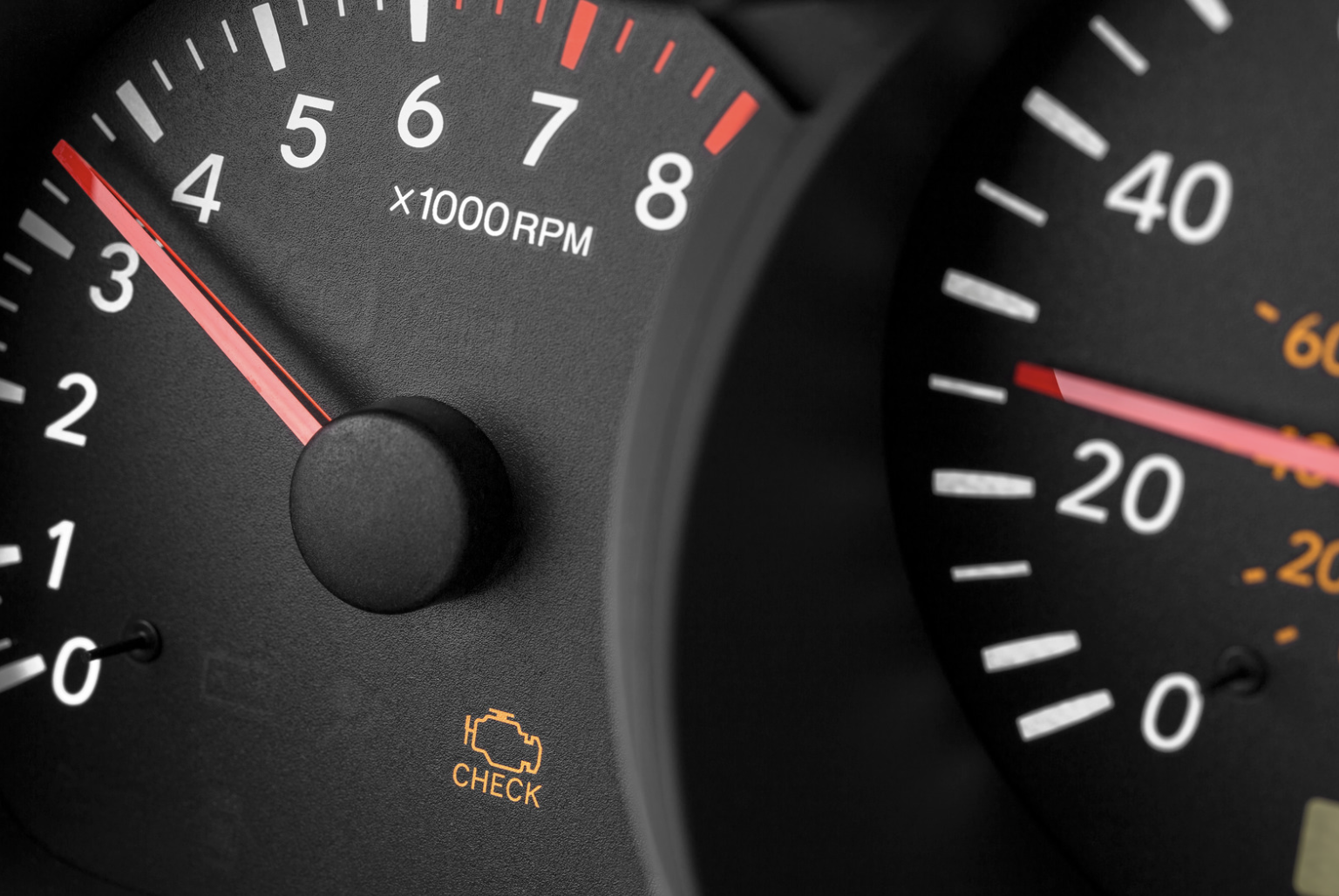Check Engine Light On? Here's What You Need to Know!
So, you're cruising along, enjoying your drive, when suddenly, the dreaded check engine light illuminates on your dashboard. It's a moment that can fill even the most experienced driver with a sense of unease. But fear not! In this blog, we're going to dive into what you should do when your check engine light comes on. Let's get started and unravel the mystery behind that pesky little light!
Stay Calm and Don't Panic: First things first, take a deep breath. Seeing the check engine light can be alarming, but it doesn't necessarily mean your car is about to explode. The purpose of this warning light is to notify you that something is amiss with your vehicle's systems. It's like your car's way of saying, "Hey, something needs attention!" So, keep calm, and let's move on to the next step.
Check for Obvious Issues: While it's best to have a professional diagnose the problem, there are a few things you can quickly check for yourself. Take a moment to inspect your gas cap, as it may not be tightened properly. A loose gas cap can trigger the check engine light. If it's loose, simply tighten it securely and see if the light goes off after a few driving cycles.
Assess the Vehicle's Performance: Now, pay attention to how your vehicle is behaving. Is the engine running smoothly? Any unusual noises or vibrations? Note any changes in performance, as this information can be valuable when you take your car to a mechanic. If you notice anything significant, it's best to exercise caution and avoid driving long distances until the issue is resolved.
Don't Ignore It: One common mistake many people make is ignoring the check engine light, assuming it will go away on its own. Unfortunately, that's not how it works. The light is there for a reason, and ignoring it could lead to further damage or more expensive repairs down the road. It's best to address the issue promptly and save yourself from potential headaches in the future.
Get a Professional Diagnosis: When it comes to diagnosing and repairing your vehicle, it's best to leave it to the experts. Schedule an appointment with a trusted mechanic or visit an auto repair shop. They have the necessary tools and expertise to accurately identify the problem causing the check engine light to illuminate. They'll connect your car to a diagnostic scanner to retrieve error codes, which will point them in the right direction for repairs.
Follow the Recommendations: Once the mechanic has identified the issue, they will provide you with a diagnosis and recommend a course of action. They might suggest immediate repairs or inform you that the issue is minor and doesn't require immediate attention. Follow their advice, but don't hesitate to seek a second opinion if you have doubts.
Maintain Regular Vehicle Maintenance: Regular vehicle maintenance, such as oil changes, air filter replacements, and scheduled inspections, can help prevent many issues that might trigger the check engine light. Following your vehicle manufacturer's recommended maintenance schedule is crucial for keeping your car in good shape and minimizing unexpected surprises.
Facing a check engine light can be an unnerving experience, but armed with the right knowledge, you can navigate through it calmly. Remember, don't ignore the light, check for simple issues, and seek professional help to diagnose and fix the problem. Regular maintenance is key to preventing future troubles. So, the next time that little light comes on, you'll be prepared to take action and get your car back in top-notch condition!

